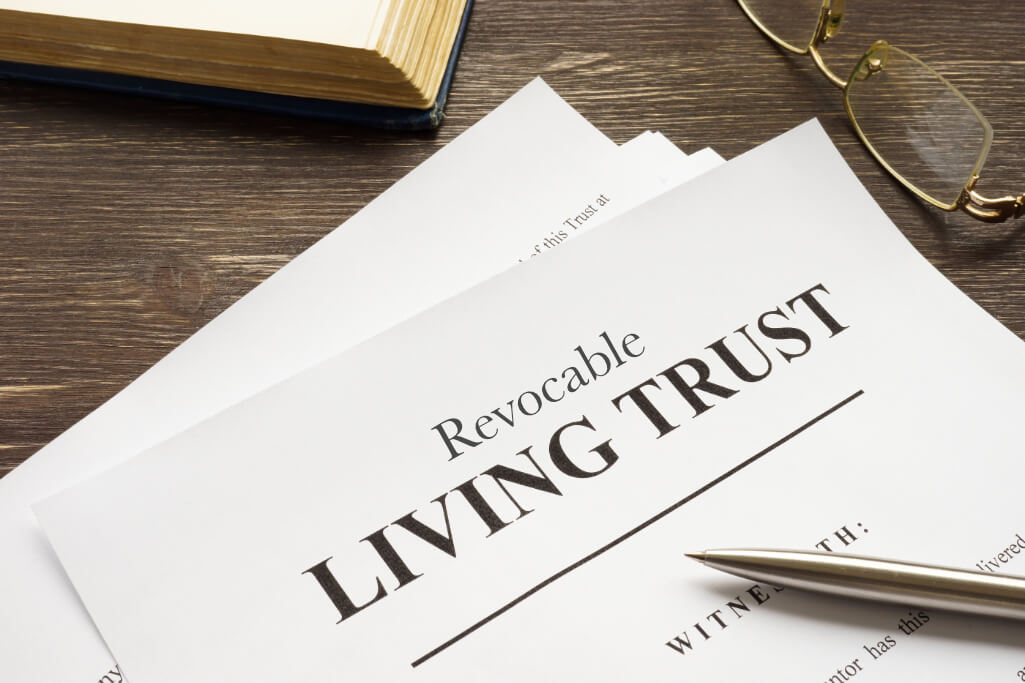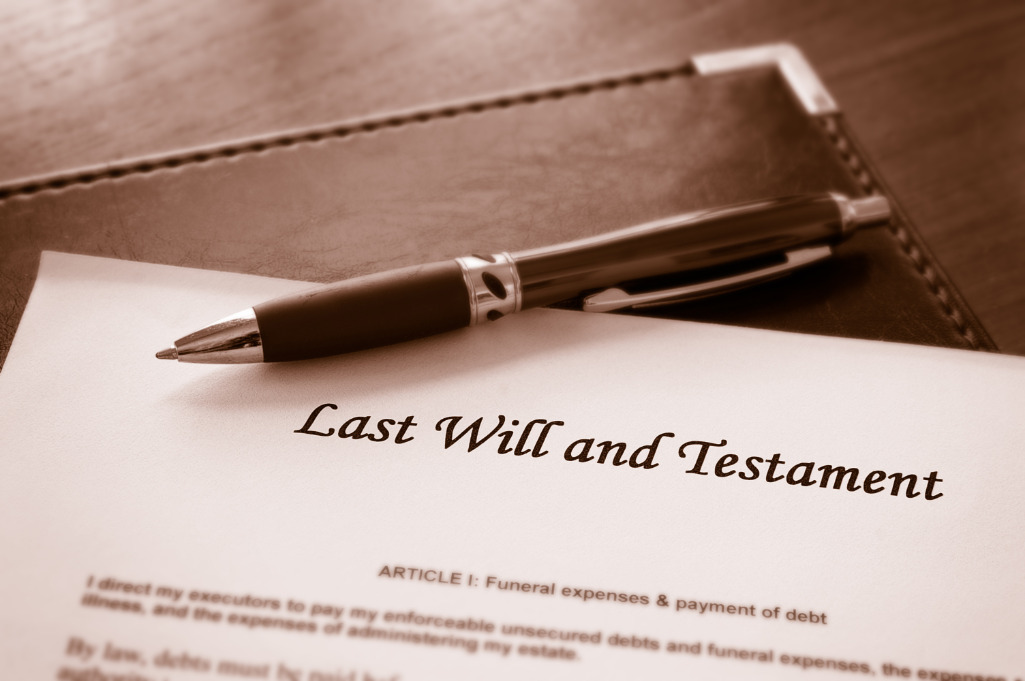
Should You Use A Revocable Living Trust?
Maybe, it depends. They aren’t necessary for everyone and don’t save you money on taxes, but they may make things easier for you if you’re unable to take care of your stuff and your successor trustee must assist you.
I used to believe and only use them if you were able to get everything in your trust, and most people wouldn’t do that or couldn’t do that. But now I have come around. So it might be a document as you’re getting older, and you see that things are getting harder for you.
If stuff is in a trust, it’s easier for the trustee to act than it is through a Power of Attorney, which might make sense in many circumstances. In any case, the more you have in there, the more will be distributed at your death rather than through probate. However, I don’t think that would make much difference in Pennsylvania and New Jersey. It could be that you get your checking account, some investments, or something in there, and then you have your backup trustee help you with those things, which might be worthwhile.










